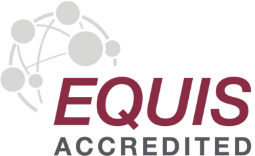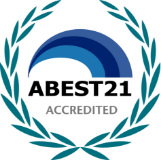Yuki Yamaoka
Class of 2023, Service & Hospitality
Prop Business Consulting Co., Ltd.
CEO/ Small and Medium Enterprise Management Consultant
The Reason Why You Chose GSM
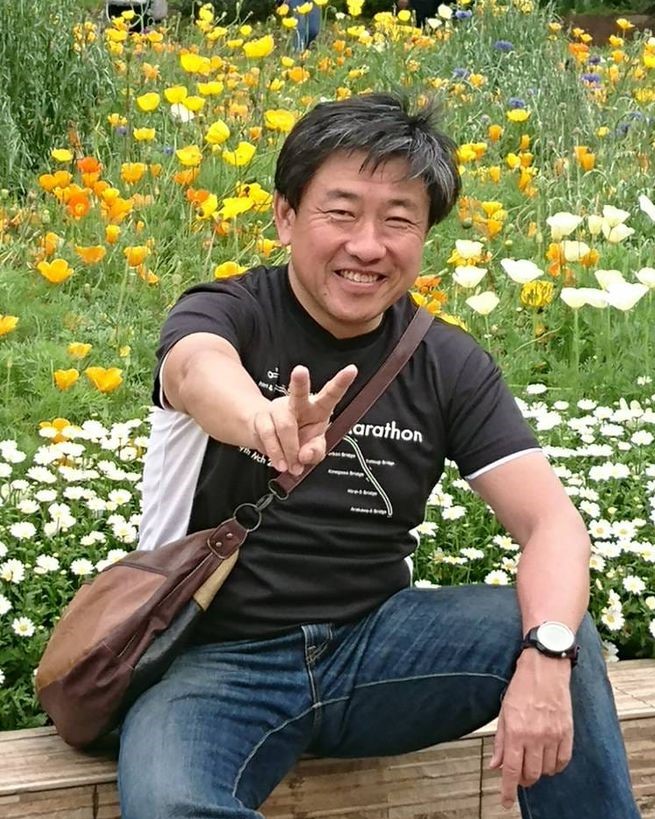
In 2016, I attended Prof. Yutaka Yamauchi's lecture "Hospitality as a Struggle" in Aoyama, where I learned that Kyoto University had established an MBA course. As a Kyoto University graduate (BA in 1988), I am familiar with Kyoto University, and my son also passed the entrance exam. Kyoto University (the Faculty of Engineering in 2020) made my residential environment more suitable, so the idea of entering GSM became a reality for me. I did not compare GSM with other MBA courses. Still, I found the study environment fascinating:
The full-time program allows me to concentrate on academic studies.
The ratio of men to women and working adults are not unbalanced experience diversity.
The high percentage of international students creates a global atmosphere.
Therefore, the study environment was attractive and motivated me to pursue recurrent education.
What You Learned at GSM
I have reached a level of essential business English conversation. I had almost no opportunity to use English before entering GSM, so I determined to take the plunge and took 10 English courses instead of the two required for graduation, three extra-curricular classes, including online exchange programs, and also voluntarily took English courses on Coursera during the summer vacation.
It was also significant that I got an academic theoretical backbone to the practical experience and knowledge I had gained as a management consultant. In particular, I made many discoveries regarding statistical analysis methods, enterprise valuation, and corporate finance. Moreover, I was able to exchange discussions with researchers from various fields at the two conference presentations and gained insight into strategic management direction after the paradigm shift.
The Reason Why You Chose Your Career Plan
Since I worked independently as a management consultant before entering GSM, my career path has mostly stayed the same after graduating from GSM. However, the content of my work will gradually change in the future. In addition to increased international projects, consulting for individual companies will decrease, and leveraged work such as lectures and speeches in front of audiences will increase. My 20 years of practical experience as a consultant has been focused and systematized during my two years at GSM, and I can now teach others in an inspiring way. Accordingly, I want to combine my knowledge with what I have learned in GSM to create practical wisdom and improve SME productivity in Japan.
What Impressed You About GSM
I have been instructing business analysis training, a required curriculum for Small and Medium Enterprise Management Consultants, as a lecturer at Hosei University's Business School for about ten years. When I asked my SV, Prof. Tomoki Sekiguchi, if I could do the same kind of training at GSM, he willingly approved it as a domestic internship, and seven of my classmates and I could do it in the summer of our first year. We had many discussions within a limited time; some became heated and lasted longer than six hours.
Eventually, we completed the report, which was 180 pages long, 145 PowerPoint pages, and presented it in two hours in a GSM classroom to the client company's owners. Although the proposals were unfocused and rough, our members received polite thanks and appreciation from them, which gave us a sense of accomplishment. We continue to have a relationship with them, and every time we receive a report that they have realized the proposal and the business is growing, even if only little by little, we feel glad that we all worked so hard in the heat of the moment.
Extracurricular Activities You Have Done
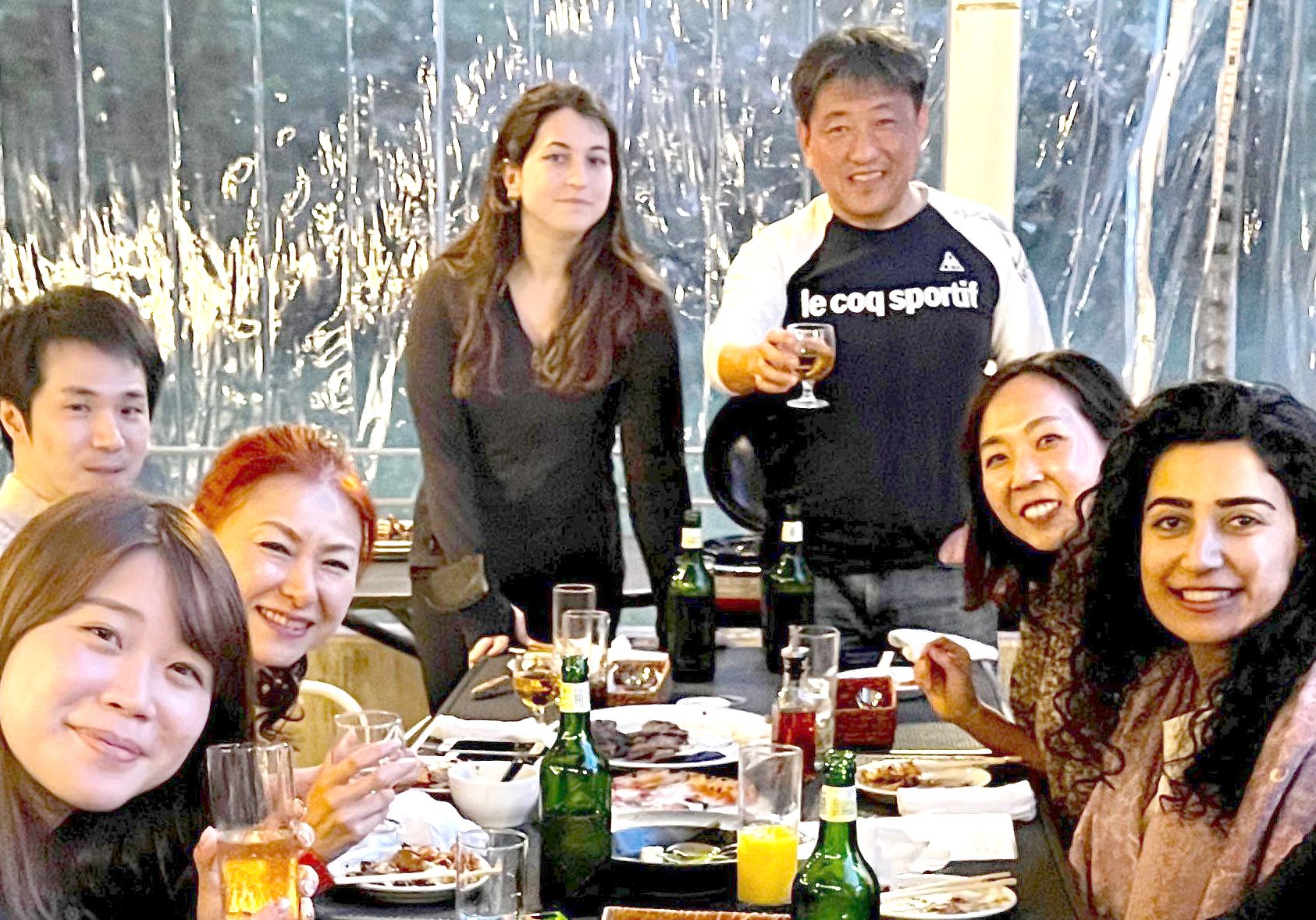
1. I organized a Christmas party with the international course students. We cooked dishes from different countries in an open kitchen; buying ingredients the day before was hard. Likewise, we enjoyed a picnic and an outdoor BBQ, while I wanted international communication in a diverse atmosphere, even if I needed to be fluent in English.
2. Also, as a circle activity, I joined the Kyoto University Tanka Society. I participated in the tanka poetry session at least once every two months. The aggressive and expressive style of the young members, who were around 20 years old, greatly stimulated me in contrast to my class, which had the taste of the Showa Era, sometimes described as "Araragi-like" by young people. One of my selections: Whether the cherry blossoms fall or not, oh Schrödinger, I will only live in this moment.
3. In the summer of my 2nd year, I swam almost every day in the Kyoto University swimming pool, which was open only for 2 hours a day, but swimming 2km for 50 minutes was enough exercise for me, and eating a Parfait at the student cafeteria afterward was a blissful time.
Message for Prospective Students
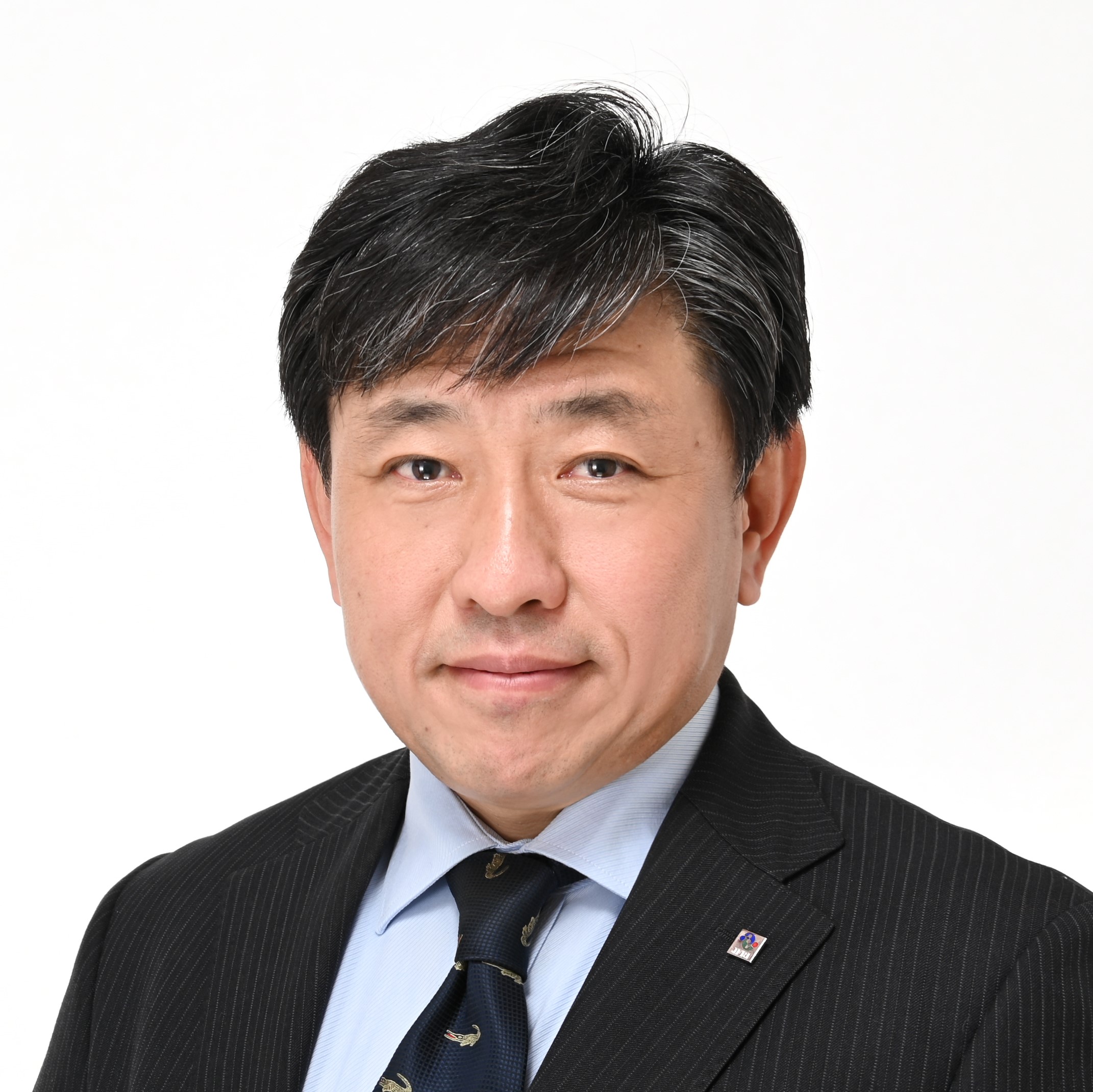
Nowadays, when recurrent education is in the spotlight, I would like to send a message to senior business persons who are in the same situation as me: There are various types of MBA programs, and you may be considering an evening or weekend course that allows you to study while you work. However, GSM offers a long-term study period; some students take four years to graduate without quitting their jobs. Also, government policy encourages recurrent education, and your company may be willing to allow you some flexibility in your hours. Or, if you are self-employed, you can reduce your workload a bit, as I did, to make time for study. Either way, remember that you are in control of your life, and your GSM experience after 50 will make the rest of your life shine even brighter.
The voyage of the best ship is a zigzag line of a hundred tacks. See the line from a sufficient distance, and it straightens itself to the average tendency.
Emerson (1841) Self-Reliance

